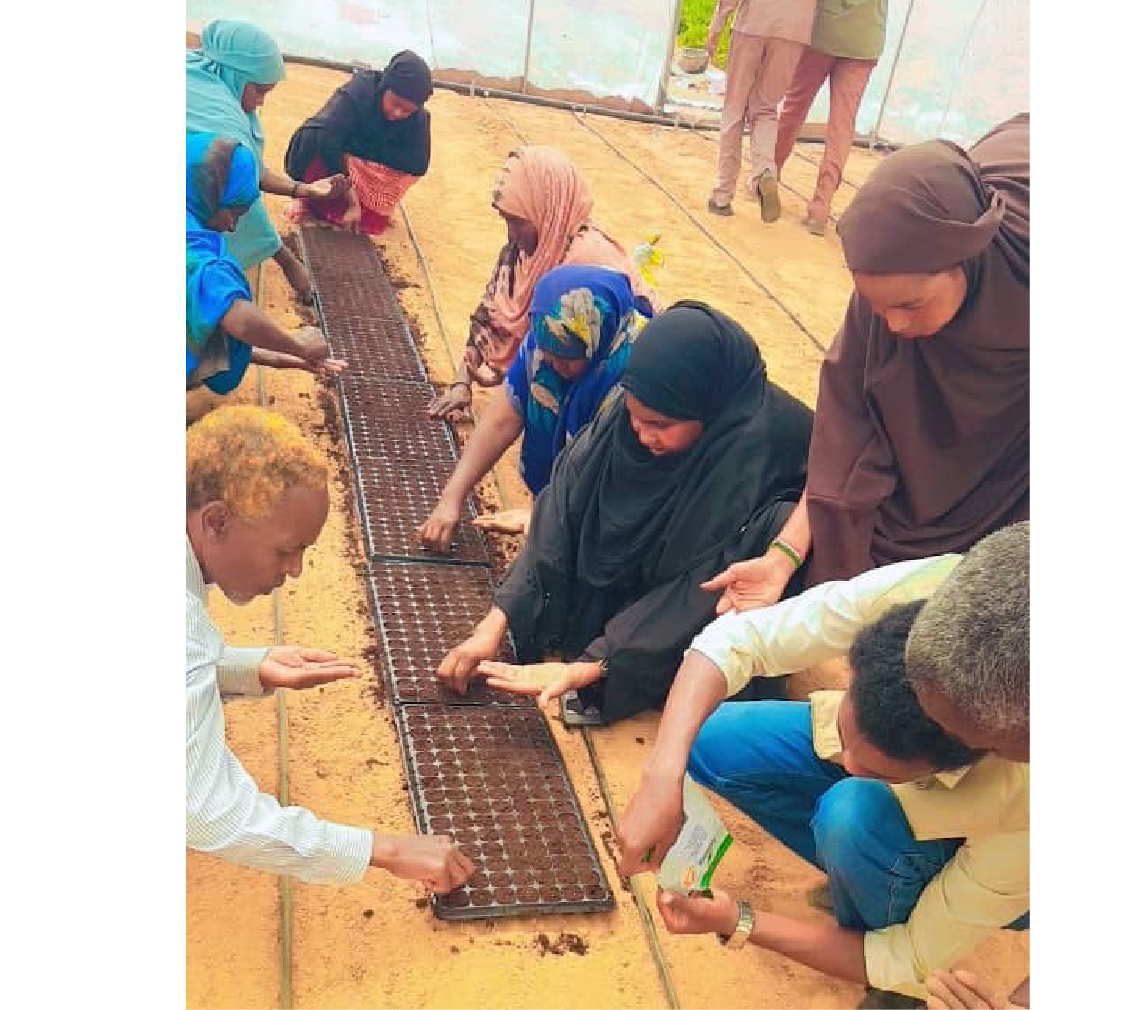-
-
-
HQ Mogadishu - Hodan District
x
l
o
a
d
i
n
g


